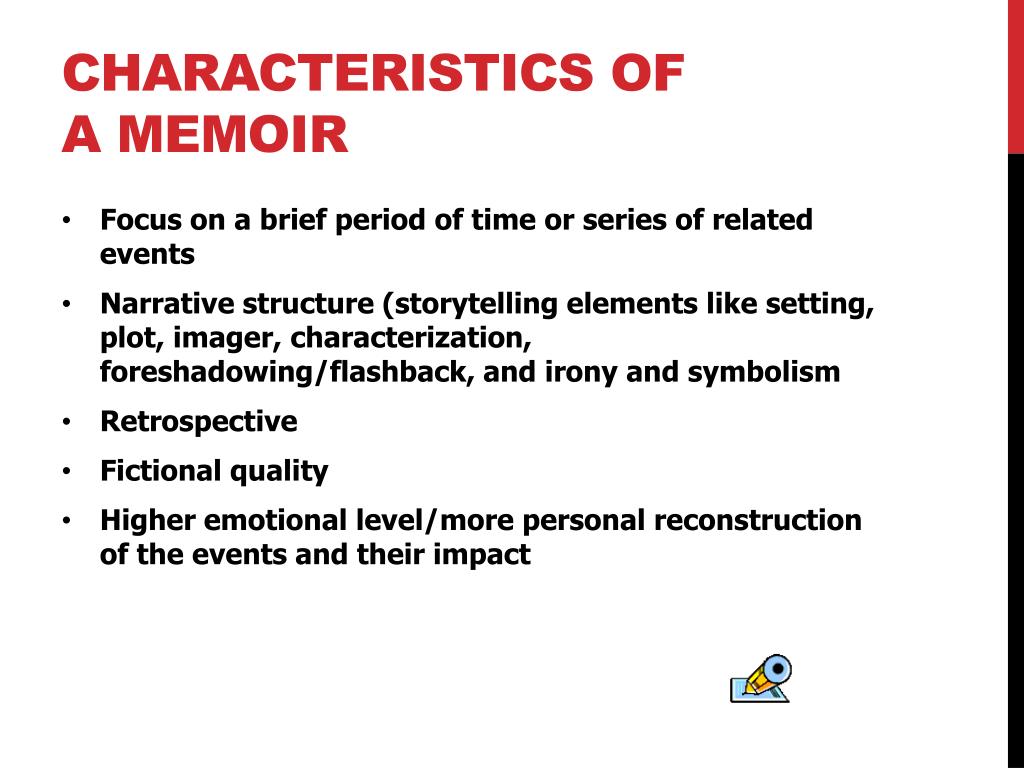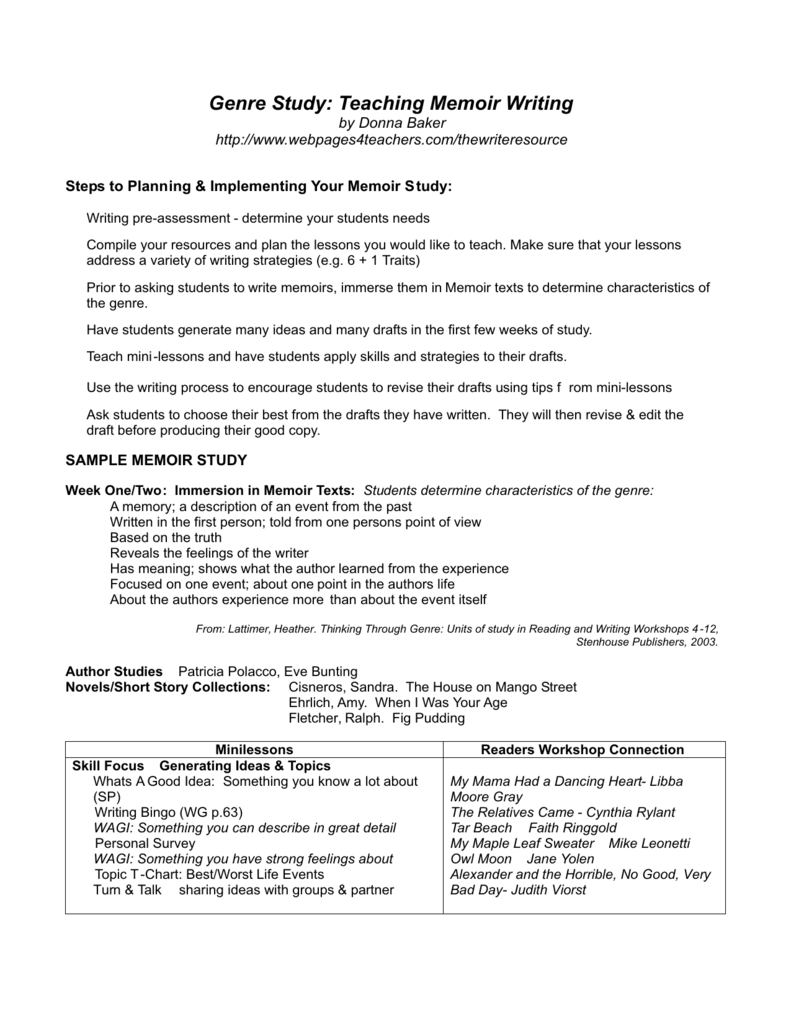
You can then flash back to the real chronological beginning and fill in the background. It gives readers just enough action to hook them without revealing the outcome. Even if this means launching in the middle of the story, start with an incident that is uncommon in its dramatic or humorous content. Telling your story chronologically is just too predictable. While the story is ultimately about your personal experiences, it should be possible for the reader to relate to what you’re going through and put themselves in your position. You may be the subject, but it’s not just about you - it’s about what readers can gain from your story. In other words, don’t tell them how something felt make them feel it. It’s better to let the reader discover the point you’re trying to make rather than explain it to them. You have to balance simply recalling events with reworking them so that you put the reader in the scene. One mistake first-time memoirists (that’s you!) make is to focus almost exclusively on describing their own subjective experience. It’s the major rule of writing engaging stories. Once you’ve got your theme, it’s time to start writing. Make sure your theme starts with a version of yourself that is meaningfully different from who you are today readers want to watch you grow into the person you became. It doesn’t matter if your story is one of loss, love, redemption or joy. Your theme can be anything: The only requirement is that it changed you. Memoirs are built around defining moments. A memoir draws on selected anecdotes from your life to support a theme and make a point. A memoir is more focused, allowing for greater detail and intimacy as you take the reader through a crucial time in your life.


If you want to detail your life from the beginning, you may want to write an autobiography.

You can only ever write one autobiography, but you can write countless memoirs. Which raises the question - what’s the difference between an autobiography and a memoir?Īn autobiography is the story of an entire life, but a memoir is just one story from that life. The main defining characteristics of a memoir are that it’s nonfiction and autobiographical.
#Memoir characteristics series#
Did you know that Laura Ingalls Wilder, author of the “Little House” series of books, didn’t write her first book until the age of 65? What is a memoir? As a senior, your stories come from a wide range of experiences, giving you a more informed understanding of yourself than a younger writer. Imagine if you could read the stories of your great-great-grandparents in their own words. Writing a memoir is your chance to leave a legacy for your loved ones and future generations who might otherwise never get the chance to meet you. These are the basic elements of story – fiction or memoir.Everyone has one, and telling yours is a powerful way to share the lessons of your life. The character has a realization and, in the end, has grown from the experience. The tension within the family serves as the drama as well as the rising action the memoir features remembrances within the memory, a climax, and a resolution. It doesn’t start with the death, but the arrival to the service which isn’t quite the inciting incident, but it happens right after the arrival. A relatable experience – everyone does, at some point, deals with death.

In my last short memoir, Days of Remembrance, published by Memory House Magazine, the narrator attends a funeral. Part of the memoir must show that the author has grown in some way from the experience. Character Arc – One of the most important elements: We’re not just sharing an experience, we have learned from or taken something away from this event.A memoir must have a structure which keeps the audience engaged and an ending that offers some sort of resolution. Story Arc – Whether it’s a longer memoir or a single experience, the story must have a beginning, middle, and end.Use the elements of fiction in your writing to keep the tension building. Drama – Keep the experience authentic, but many of us are going to choose a more dramatic event in our lives to share. The emotions you describe can be the connection between the author and the audience. A Relatable Experience – Many of us go through similar experiences and events however, if you feel yours is not the run of the mill experience, that shouldn’t stop you from writing it.


 0 kommentar(er)
0 kommentar(er)
